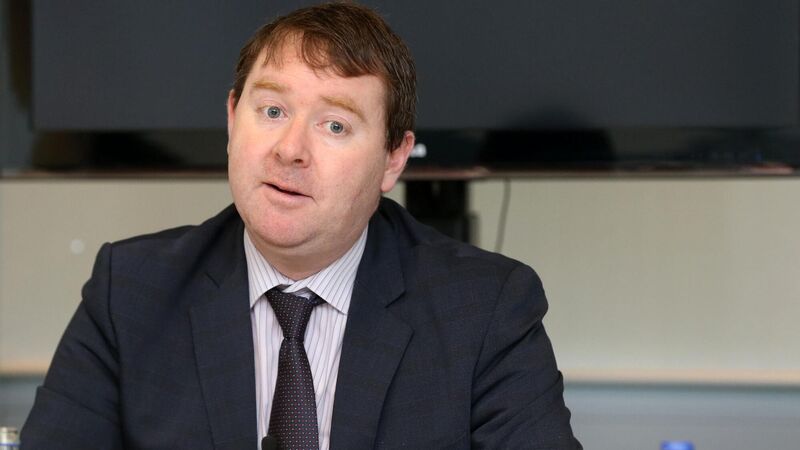Government urged to show restraint amid €2bn overspend

Speaking on Budget 2026, the council chair and UCC lecturer said spending growth should be no faster than the sustainable growth rate of the economy, given that it continues to perform well in the face of rising uncertainty and looming tariff measures.Photo: Sam boal/Rollingnews.ie
Ireland’s fiscal watchdog has warned the Government to exercise restraint on spending, calling on the coalition to set limits to offset what it has called a "weak fiscal framework."
Speaking at an Oireachtas committee about Budget 2026, chair of the Irish Fiscal Advisory Council (Ifac) Séamus Coffey told committee members that current spending overruns this year are likely to exceed €2bn.
“Recent budgets have pumped money into an economy that is already performing well,” Mr Coffey told the committee.
“After accounting for exceptional corporation tax and a strong economy, the government is running a substantial deficit. This is equivalent to more than €2,500 per worker.”
The Government is currently preparing its summer economic statement, a key budgetary document that will indicate the parameters for spending increases in the October budget.
Speaking on Budget 2026 which will take place in October, the council chair and University College Cork lecturer said spending growth should be no faster than the sustainable growth rate of the economy, given that it continues to perform well in the face of rising uncertainty and looming tariff measures.
“That is not to say the government can’t try to improve public services, support households that are struggling or upgrade Ireland’s infrastructure,” Mr Coffey told the committee.
“But it means that choices would need to be made. If the Government wants to spend more in a certain area, or tax less in another, it needs to offset that by doing less in other areas.”
"We don't want to see this boom and bust cycle that has plagued Irish fiscal policy for the last 40 or 50 years," Mr Coffey told the Oireachtas Budgetary Oversight Committee.
The council also identified three key challenges for the Government, with these being an ageing population, the need to manage Ireland’s climate transition, and infrastructure, which Ifac said is “about 25% behind [Ireland’s] peers”.
The budgetary watchdog issued four key recommendations to the Government, the first of which was the coalition’s need to reduce the ups and downs of the economic cycle.
“This means showing restraint when the economy is strong and being more generous when the economy is struggling,” Mr Coffey told committee members.
Second, the Government was urged to set spending limits, net of tax changes, that it believes are sustainable to reduce the vagaries of annual pressure as Budget Day approaches.
Third, Ifac urged the Government to focus on competitiveness and infrastructure, adding: “While there is uncertainty over many issues, the shortage of infrastructure will need to be addressed regardless of what the international environment looks like.”
Lastly, the watchdog has urged the Government to improve how it forecasts spending, calling out what it called a failure to account for overspending in 2024 when planning for this year.
“This created unrealistic budget figures from the beginning - a problem that keeps recurring,” said Mr Coffey.
“To avoid repeating this mistake, Budget 2026 and future medium-term plans must start with accurate baseline figures that include all likely overspends in 2025. Otherwise, spending projections will be wrong from the outset.”





